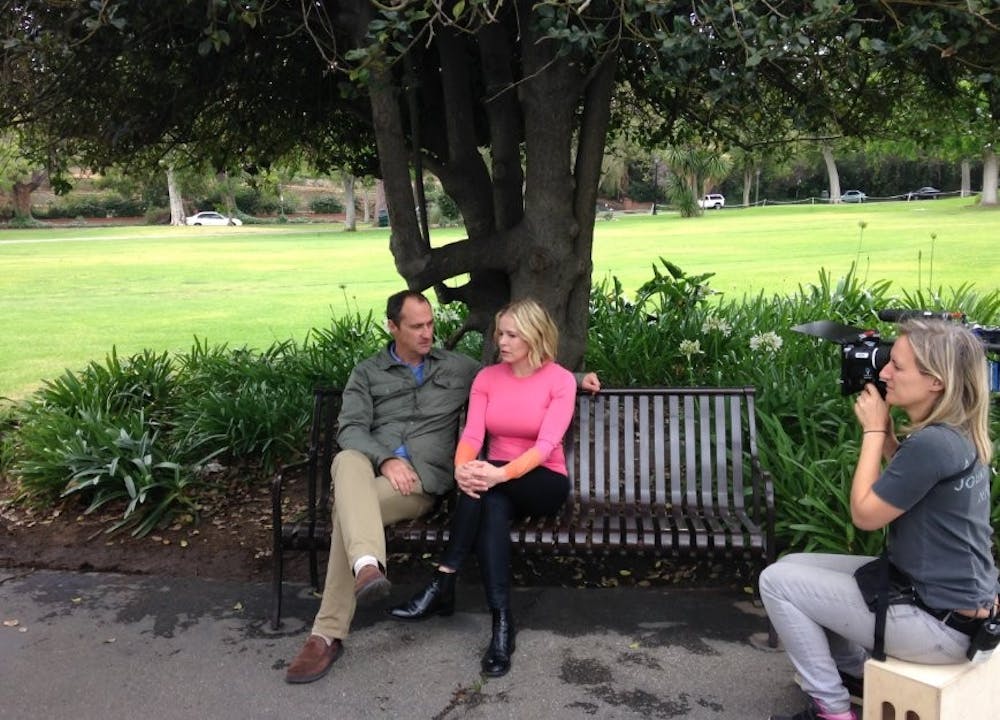Chelsea Handler has made a career of dividing audiences — many love her unabashed bluntness, while others loathe her narcissistic indifference. Handler, who found success as a talk show host and comedian, has launched into the streaming world of Netflix with a documentary series. “I would never, ever apologize publicly,” Handler has said of her controversial racial jokes, but she could easily be speaking about herself as a whole.
“Chelsea Does” — a four-part Netflix documentary series exploring marriage, race, Silicon Valley and drugs in each episode, respectively — is Handler’s latest venture after her E! late-night talk show ended in 2014. Yet even with this new platform, it appears that Handler has not changed. She is just as brash, unapologetic and relentlessly compelling.
The series takes Chelsea around the world to interview people from all backgrounds on complex topics, with mixed results.
The series features some impressive interviews, including the family of Walter Scott — a man shot dead by a police officer after allegedly refusing arrest. Such interviews lead to some powerful moments, like when Handler cracks a joke and Scott’s father replies that it is the first time he has laughed since his son was killed.
However, in other interviews Handler does little to progress the conversation. During an interview with Noel Biderman, founder and former CEO of Ashley Madison, the online dating service for adults pursuing infidelity, Handler can’t help but be petulant and rude.
Handler intersperses high-profile interviews with interviews with friends, family and an assortment of random people. In the first episode, “Chelsea Does Marriage,” Handler explores her marriage phobia through a high-end luxury matchmaker, an ex-boyfriend, her father and a shrink, among others. While many interviews throughout this episode — and the wider series — cut away to Handler raising a skeptical eyebrow at the camera, there are moments of sincerity. When Handler helps officiate a wedding at a Las Vegas chapel, she can’t help but get swept up in the emotion of the moment.
Despite these genuine moments, Handler escapes from the series largely unchanged. She meets many people with lives different than her own, which seems to simply bolster her originally-held views.
In “Chelsea Does Racism,” Handler meets with a panel of media race activists to discuss her racial jokes. Guy Aoki of the Media Action Network for Asian Americans calls her out for making a joke about Angelina Jolie’s adopted Vietnamese son Pax, and she laughs again, unrepentant.
In the final moments of “Chelsea Does Drugs,” Handler — high on ayahuasca in Peru — is seen smiling while tears roll down her face. She later reveals she was experiencing deep feelings of love and thinking about her siblings.
“Chelsea Does” is an uneven yet absorbing show. As the host, Handler fluctuates between exposing candidness and closing herself off.
Although she goes in-depth exploring topics she knows little about, it is unclear if Handler emerges with any epiphanies. Despite this and its tonal inconsistencies, “Chelsea Does” is an interesting and easily watchable show that allows the audience to get a few new understandings of the show’s enigmatic host.







